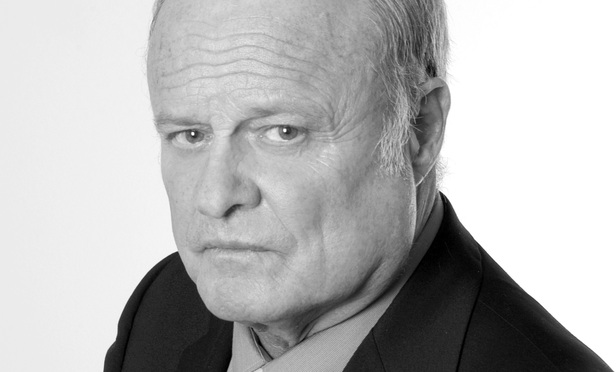The bench and the bar overstate the importance of the grand jury in deciding whether there should be a criminal prosecution. In fact, the decisions of the grand jury in Ferguson, Mo., and in the case involving the death of Eric Garner in New York, raise the question of whether the criminal justice system can really function without the requirement of a grand jury proceeding altogether.
It is true that the institution is specifically provided for in the Fifth Amendment with respect to federal prosecutions and is considered a part of due process, encompassed by the Fourteenth Amendment. The history of the grand jury is rooted in the common and civil law, going back to pre-Norman England and was promulgated during the reign of Henry II. American judges have expounded that the grand jury is an integral part of our constitutional heritage, brought to this country with the common law. The Framers, most of them trained in English law, required the grand jury as a basic guarantee of individual liberty.1
This content has been archived. It is available through our partners, LexisNexis® and Bloomberg Law.
To view this content, please continue to their sites.
Not a Lexis Subscriber?
Subscribe Now
Not a Bloomberg Law Subscriber?
Subscribe Now
LexisNexis® and Bloomberg Law are third party online distributors of the broad collection of current and archived versions of ALM's legal news publications. LexisNexis® and Bloomberg Law customers are able to access and use ALM's content, including content from the National Law Journal, The American Lawyer, Legaltech News, The New York Law Journal, and Corporate Counsel, as well as other sources of legal information.
For questions call 1-877-256-2472 or contact us at [email protected]



